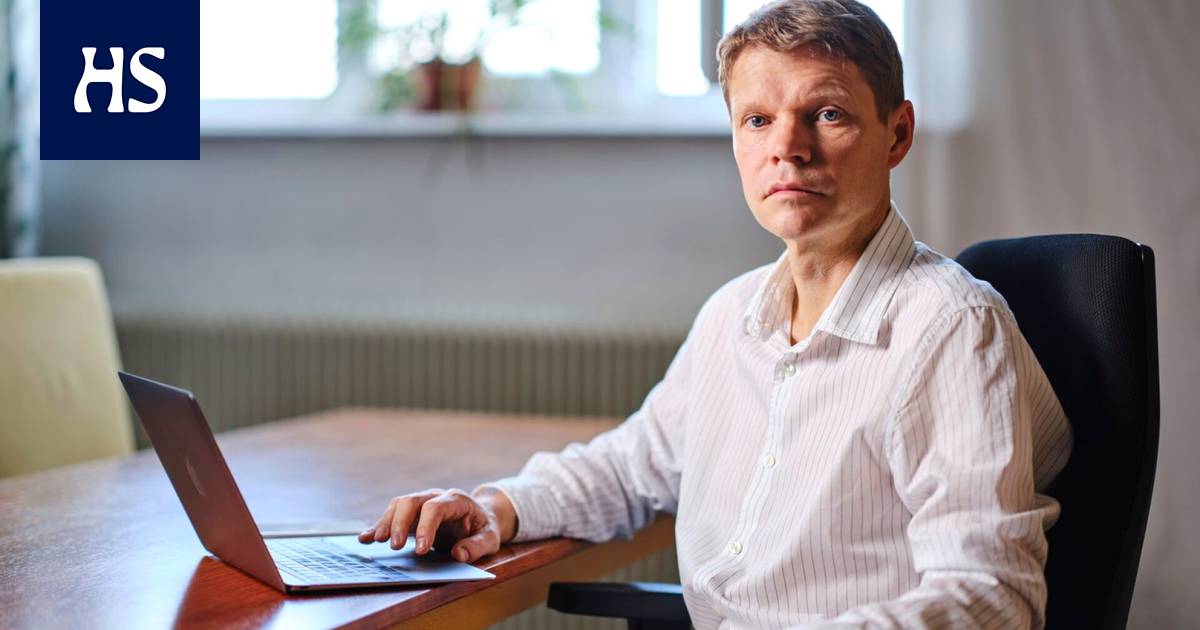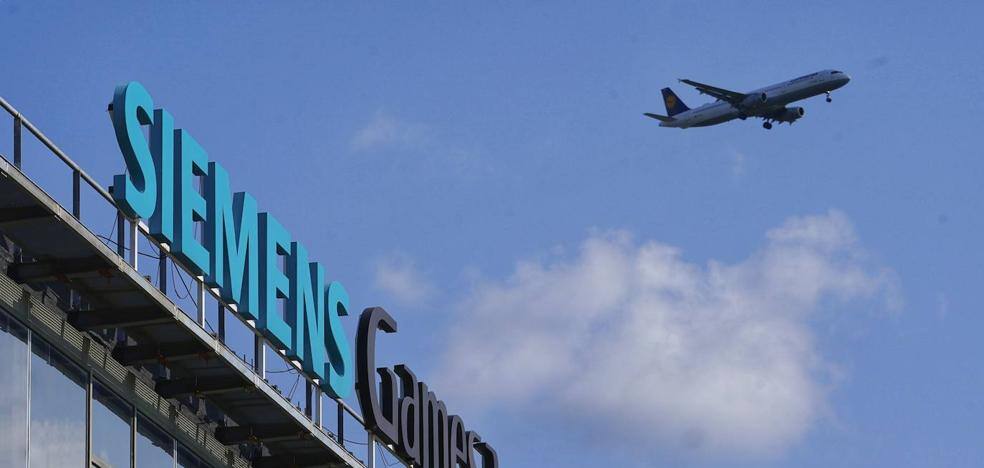Moscow
Europeans have severed ties with Russia after the country invaded Ukraine. The goal is to isolate Russia in order to incite its aggressive policies.
The Russians are familiar with the isolation policy. They feel isolated from Europe a long time ago. This is what at least the Moscow political scientist, a former diplomat, sees Alexander Baunov.
“The fundamental flaw and problem associated with NATO enlargement and the enlargement of the European Union is probably behind the current crisis: it is the theme of the invisible wall.”
Until the spring, Baunov worked at the Carnegie Center in Moscow, an incubator specializing in Russia’s domestic and foreign policy. The Russian government closed it in April.
“
“An invisible or already visible barbed wire still exists.”
Baunov had already started in March as a visiting researcher at the Institute of Humanities in Vienna. He emphasizes that this is not an emigration, but a Fellowship scholarship transferred by Korona.
In working life, there is talk of glass roofs, but Baunov thinks the Russians in Europe repeatedly run into glass walls. When the fall of the Berlin Wall was celebrated physically and symbolically in Europe three decades ago, Russia, Ukraine and Belarus were still left behind.
“An invisible or already visible barbed wire still exists.”
Baunov says he remembers well Russian foreign policy at the turn of the 1990s and 2000s, when he worked as a diplomat for the Russian Foreign Ministry at the Greek Embassy. One of its goals was to internationalize Russia’s political and business elite.
“It was necessary for the Russian elite – businessmen, politicians and intellectuals – to be part of the international elite in order for Russia to become an important global player, an important part of the global world.”
“Roughly speaking, the Russians had to become European in order for Russia to be a global and European superpower.”
However, the Europeanisation of the Russians was not entirely straightforward. Can a country with a population of 140 million, the other side of which reaches Asia, belong to Europe? Europeans were skeptical of their large eastern neighbor.
According to Baunov, Russians have been excluded from European integration at many different levels since the Erasmus exchange of university students.
“Erasmus is about making all European young people feel like citizens of the same continent. Was this done with Russian students? No.”
“
“None of this justifies anything about what is happening in Ukraine.”
As a glass wall Baunov particularly likes the EU’s visa policy. In his view, it has divided Europeans into different categories: first- and second-class citizens.
According to him, the same division applies to security solutions: the enlargement of NATO and especially the EU. Those who are excluded are second-class citizens, second-class economies, and enjoy second-class security.
“This division has certainly been one of the reasons for the rise in anti-Western and anti-European sentiment among the Russian authorities and the Russian people.”
The Russians have felt that they are not part of the same Europe, Baunov says. The West has divided Europe into West and Non-West, into Europe and into non-Europe. The Russians have been left out.
“None of this justifies anything about what is happening in Ukraine. Not being treated equally does not mean having the right to start a war, to destroy residential buildings, bridges and theaters. But if we try to understand why the Russians do not oppose the war en masse, but seem to be quite indifferent – that’s why. “
Aleksandr Baunov, a political scientist living and working in Vienna, has tried to obtain a visa for his Russian partner, but it has proved time-consuming and nerve-wracking.
Russian The war launched by Ukraine in Ukraine has further restricted Russian ties with Europe. Trade, cultural relations, academic cooperation and tourism are at least a break.
Among EU countries, at least Norway, Estonia, the Czech Republic, Latvia and Lithuania have stated that they do not accept tourist visa applications from Russian citizens. Due to sanctions, the application of the visa facilitation agreement between Russia and the EU has also been suspended.
“
“Europe must remain open to those Russian citizens who do not support war.”
Baunov says he is very much afraid of restricting people-to-people contacts, which had already been done on both sides.
“Unfortunately, the European side is not behaving very clearly here.”
“Europe says never againthat the negative experience of World War II must never be repeated. But it must not just be about fighting and hatred between countries. ”
Baunov points out that during World War II, German access to other European countries was restricted. For him, the practice must not be repeated for the Russians.
“Europe must remain open to those Russian citizens who do not support war.”
Phone interview Baunov is interrupted many times when his other phone rings. Baunov is trying to get a visa for his Russian partner of the same sex, but it has proved almost impossible.
“
“The same Finnish embassy that says it is fighting for LGBT rights in Russia is refusing to issue a visa to the other side of the couple.”
While working in Moscow, Baunov constantly received contact requests from foreign diplomats, including Finns. Now he has asked for help from the embassies of both Austria and Finland.
“I discussed politics with diplomats for many years. And now my request for help is virtually ignored. ”
Baunov criticizes Finland for double standards. It is verbally opposed to Russia’s discriminatory policies against gender and sexual minorities, but raises its hands when a same-sex partner should be granted a Schengen visa.
“The same embassy in Finland that says it is fighting for LGBT rights in Russia is refusing to issue a visa to the other side of the couple. My partner can’t travel to Europe because he’s officially nobody to me. ”
“Every time I think about what could have been done differently, as a European Russian, it is obvious to me that at some point, Russian citizens have felt like strangers at parties.”
#Russia #Russians #isolated #Europe #long #war #criticizes #Russian #scholar









